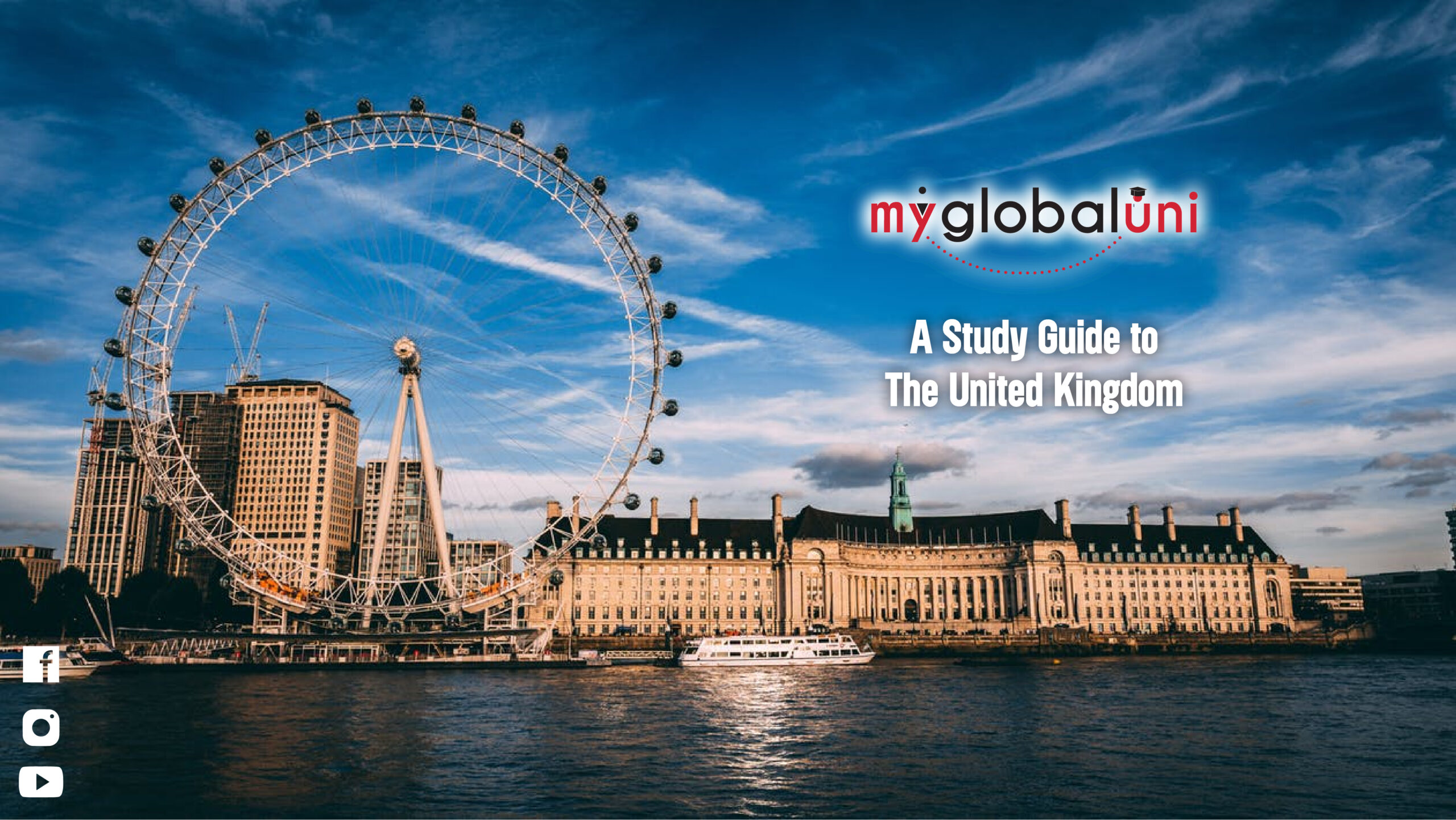
- by myglobaluni
The United Kingdom of Great Britain and Northern Ireland, commonly known as the United Kingdom (UK) or Britain, is a sovereign country located in north-western Europe, off the north-western coast of the European mainland. It includes the island of Great Britain, the north-eastern part of the island of Ireland, and many smaller islands within the British Isles. Northern Ireland shares a land border with the Republic of Ireland. Otherwise, the United Kingdom is surrounded by the Atlantic Ocean, with the North Sea to the east, the English Channel to the south, and the Celtic Sea to the south-west, giving it the 12th-longest coastline in the world. The Irish Sea separates Great Britain and Ireland. The total area of the United Kingdom is 93,628 square miles (242,500 km2), with an estimated population in 2020 of over 67 million. The United Kingdom consists of four countries: England, Scotland, Wales, and Northern Ireland. Other than England, the constituent countries have their own devolved governments, each with varying powers. The country is a unitary parliamentary democracy and a constitutional monarchy, with its monarch, Queen Elizabeth II, has reigned since 1952. The capital and largest city is London, a global city and financial center with a metropolitan area population of 14 million. Other major cities in the UK include Birmingham, Manchester, Glasgow, Liverpool, and Leeds.
The United Kingdom has the world’s fifth-largest economy by nominal gross domestic product (GDP), and the tenth-largest by purchasing power parity (PPP). It has a high-income economy and a very high human development index rating, ranking 13th in the world. The UK became the world’s first industrialized country and was the world’s foremost power during the 19th and early 20th centuries. Today the UK remains one of the world’s great powers, with considerable economic, cultural, military, scientific, technological, and political influence internationally. It is a recognized nuclear state and is ranked fourth globally in military expenditure. It has been a permanent member of the United Nations Security Council since its first session in 1946.
The United Kingdom is a member of the Commonwealth of Nations, the Council of Europe, the G7, the Group of Ten, the G20, the United Nations, NATO, AUKUS, the Organization for Economic Co-operation and Development (OECD), Interpol, and the World Trade Organization (WTO). It was a member state of the European Communities (EC) and its successor, the European Union (EU), from its accession in 1973 until its withdrawal in 2020 following a referendum held in 2016.
England accounts for just over half (53 percent) of the total area of the UK, covering 130,395 square kilometers The main rivers and estuaries are the Thames, Severn, and the Humber. England’s highest mountain is Scafell Pike (978 meters (3,209 ft)) in the Lake District. Skye is one of the major islands in the Inner Hebrides and part of the Scottish Highlands. Scotland accounts for just under one-third (32 percent) of the total area of the UK, covering 78,772 square kilometers (30,410 sq mi). Wales accounts for less than one-tenth (9 percent) of the total area of the UK, covering 20,779 square kilometers (8,020 sq mi). Northern Ireland, separated from Great Britain by the Irish Sea and North Channel, has an area of 14,160 square kilometers (5,470 sq mi) and is mostly hilly. The UK contains four terrestrial ecoregions: Celtic broadleaf forests, English Lowlands beech forests, North Atlantic moist mixed forests, and Caledon conifer forests.
Most of the United Kingdom has a temperate climate, with generally cool temperatures and plentiful rainfall all year round. The temperature varies with the seasons seldom dropping below 0 °C (32 °F) or rising above 30 °C (86 °F). The United Kingdom is ranked 4 out of 180 countries on the Environmental Performance Index. A law has been passed that UK greenhouse gas emissions will be net-zero by 2050.
Statistics show that the total number of international students in the UK is 605,130 as of 2020/2021. As of 2020/21, a total of 452,225 students are currently in the UK to pursue their qualifications from countries outside of the European Union. As of 2020/21, a total of 152,905 students in UK higher education institutions are from countries of the European Union, excluding the UK.
- The majority of non-EU students in the UK come from China, with a total of 143,820 students currently pursuing their higher education in the UK.
- India is the second non-EU country sending the most students to the UK, currently, a total of 84,555 students.
- After India, the third non-EU country sending the most students to the UK is Nigeria, with a total of 21,305 students currently enrolled in UK institutions.
- United States is fourth, with a total of 19,220 students currently enrolled in UK higher education institutions.
- Fifth on the list is Hong Kong, with a total of 16,655 students currently enrolled in UK universities.
- The five other non-EU countries (in the top 10) sending the most students to the UK are Pakistan (12,975), Malaysia (11,510), Saudi Arabia (8,825), Canada (6,785), and Singapore (6,580).
Current scenario for international students
According to the UK Council for International Student Affairs as of 4 am on Friday 18 March 2022, all travel restrictions and requirements relating to Covid-19 were removed. This applies to all countries within the United Kingdom. As of Friday 18 March 2022, no pre-departure Covid-19 tests are required for any travelers. All arrivals to the UK are no longer required to quarantine.
This is a three-part series to A comprehensive guide to studying in the United Kingdom
